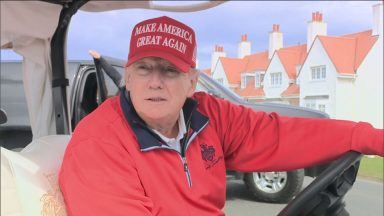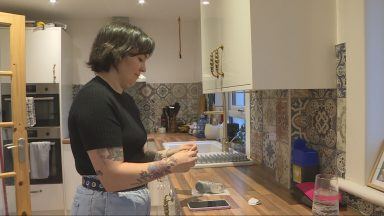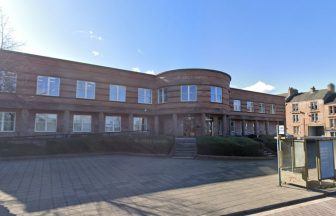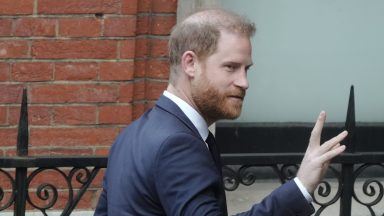A professor who led a review of Edinburgh’s ties to the slave trade has said a group “exploiting loophole” in the planning system in an attempt to remove a new plaque installed at a controversial monument has “no evidence” to support its case.
Sir Geoff Palmer dismissed claims made by the ‘Melville Monument Committee’ that the re-worded inscription at the foot of the 150ft memorial to Henry Dundas in St Andrew Square is “inappropriate and does not provide a factual description”.
The plaque, commissioned by the council after the Black Lives Matter (BLM) movement re-sparked a debate about Dundas and Edinburgh’s colonial past, was changed to state the former home secretary was a “contentious figure” who was “instrumental” in deferring abolition of the slave trade for a generation in the late 18th century.
A direct descendant of the former Viscount Melville, Bobby Dundas, is understood to be behind a planning application lodged with the council seeking permission to remove the updated description.
Mr Dundas, who is listed as the sole shareholder of the ‘Committee On The Naval Monument To The Memory of The Late Lord Viscount Melville Ltd’, has previously defended his anscestor’s record, arguing he was “a politician of vision and integrity” who had “no personal involvement in the slave trade”.
So far 169 objections have been submitted in response to the plaque removal bid whilst 44 letters of support have been received. The public is able to comment on the application until Friday.
Sir Geoff, Scotland’s first black professor, recently completed the Edinburgh Slavery and Colonialism Legacy Review for the city council which recommended controversial statues and street signs shouldn’t be removed, but instead plaques should be re-worded to offer historical context.
He said he sat on a previous council committee with Mr Dundas which looked at installing a new sign at the Melville Monument but “came to a dead end” after no consensus was reached.
“Then George Floyd died and [Adam] McVey contacted me and said he wanted to revive the committee,” Mr Palmer added. “So I know Bobby Dundas is against it and one or two historians. They make a lot of statements but there’s no evidence.”
The application, which is set to be determined by November 7, includes research papers from one of the most high-profile sceptics, New Zealand history academic Angela McCarthy.
In one, she attacks Palmer for “repeatedly misrepresenting the published views of historians” and “failing to accept the academic consensus that Henry Dundas was not solely responsible for Britain’s failure to achieve immediate abolition of its slave trade”.
Sir Geoff said: “I have during both the council review and the Edinburgh Slavery and Colonialism Review done a whole lot of research since 2007 on this statue and on Henry Dundas because 2007 was the 200-year commemoration of the abolition of the slave trade and I started to do work on it seriously from then – he delayed the abolition of the slave trade for a generation.
“This to me is like the way the world is that people can find loopholes that can be used for purposes like this and this is what they’re exploiting but they have no evidence compared to the evidence I’ve put up.
“They are just focusing on slavery, it’s not that they’re bothered that he was impeached – he was the last British politician to be impeached – and when he was impeached the slave owners went to his house at Arniston and thanked him for what he’s done for them.
“They don’t have any evidence to justify that objection to the plaque.”
Follow STV News on WhatsApp
Scan the QR code on your mobile device for all the latest news from around the country


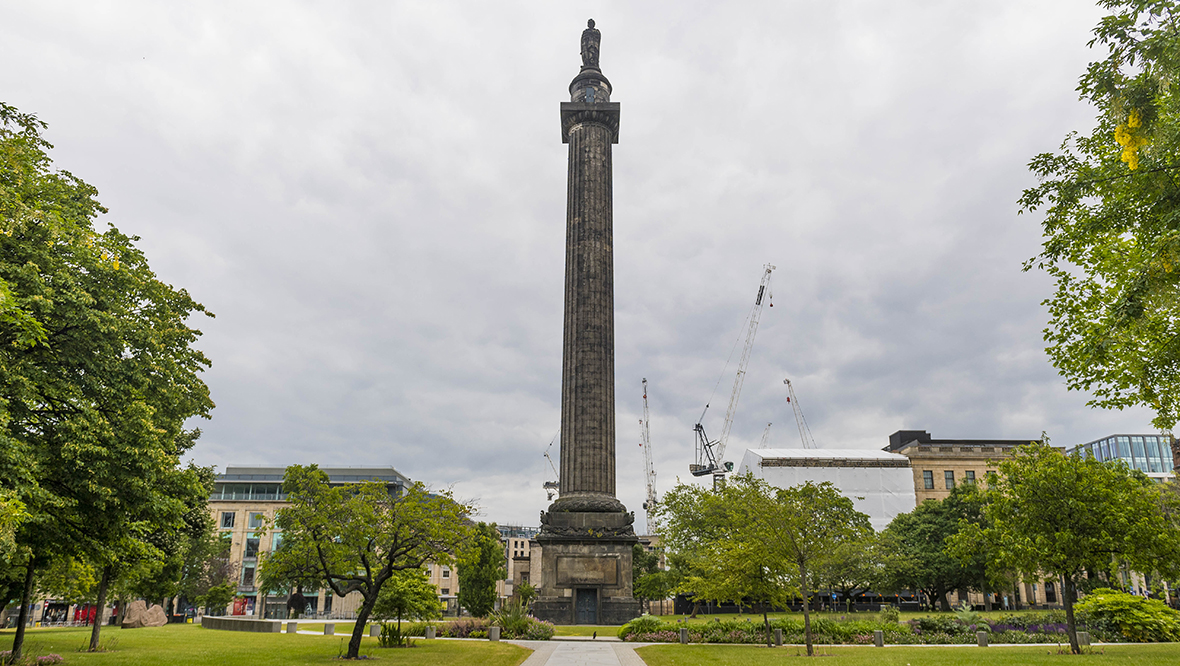 SNS Group
SNS Group






